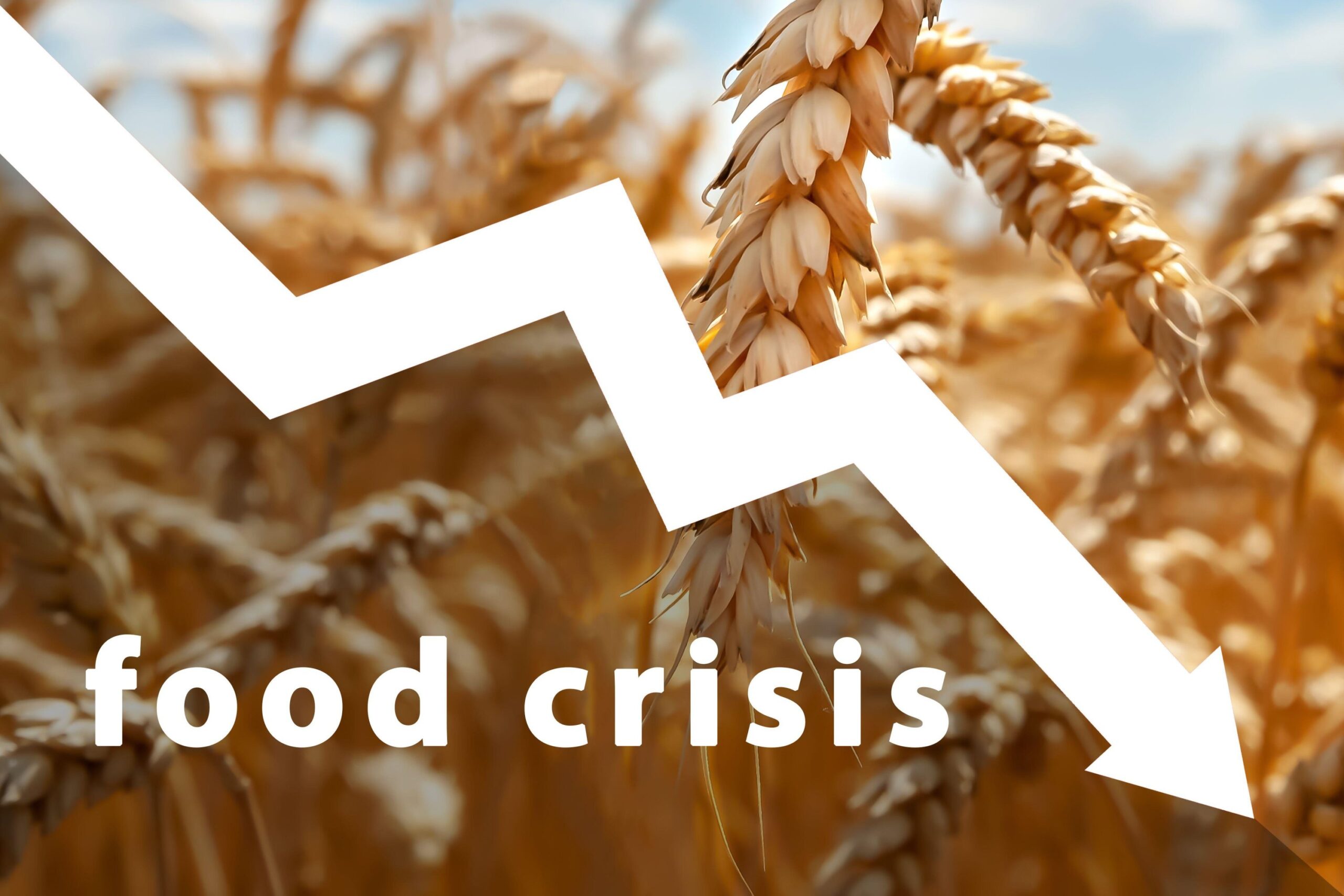Insecurity and the food crisis in northern Nigeria
Northern Nigeria, once known for its vast agricultural potential, is now gripped by a severe food crisis fueled by escalating insecurity especially in the North East and North West part. The region, which has historically been the breadbasket of the country, is facing a perfect storm of violence, displacement, and hunger. The situation is not […]

Northern Nigeria, once known for its vast agricultural potential, is now gripped by a severe food crisis fueled by escalating insecurity especially in the North East and North West part. The region, which has historically been the breadbasket of the country, is facing a perfect storm of violence, displacement, and hunger. The situation is not just a regional concern but a national crisis that threatens the very fabric of Nigeria’s stability.
Insecurity, particularly the rise of Boko Haram, banditry, and communal clashes, has decimated farming communities across the north. Farmers, who once cultivated large expanses of land, are now forced to abandon their fields due to fear of attacks. Kidnappings, raids, and general lawlessness have become the norm, making it nearly impossible for agricultural activities to continue. Many farming communities have been sacked. The result is a sharp decline in food production, which has led to skyrocketing food prices and widespread hunger.
This crisis is exacerbated by the displacement of millions of people. As families flee their homes to escape violence, they leave behind their farms and livelihoods. Many of these displaced persons end up in overcrowded camps with little access to food, clean water, or healthcare. The government’s efforts to provide humanitarian aid have been hampered by the very insecurity that caused the displacement in the first place.
The ripple effects of this food crisis are being felt across Nigeria. As food production in the north plummets, the entire country faces a shortage of staple foods like rice, maize, beans, and millet. This scarcity is driving up prices, making it increasingly difficult for ordinary Nigerians to afford basic necessities. The situation is further compounded by inflation and the ongoing economic challenges facing the country.
- Column No.6: Food prices, and other Nigerian horror stories
- Accolades as Media Trust’s director, Naziru Abubakar bows out
Addressing this crisis requires a multifaceted approach. First and foremost, the government must take decisive action to restore security in the region. Without peace and stability, any efforts to revive agriculture and address food insecurity will be futile. This means not only increasing the military presence in affected areas but also addressing the root causes of the violence, such as poverty, unemployment, and lack of education. Particularly, the rising number of the out-of-school children in the northern part of the country need to be addressed.
In addition to security measures, there must be a renewed focus on supporting farmers. Providing them with the necessary tools, seeds, and fertilizers, as well as access to credit, can help them rebuild their livelihoods. Extension services and modern farming techniques should also be promoted to increase productivity. Besides, attention should also be given to boosting irrigation farming to availability of food all year round.
Finally, the government should prioritise humanitarian assistance for those affected by the crisis. This includes not only food aid but also programmes aimed at helping displaced persons return to their homes and rebuild their lives. A coordinated effort between the federal, state, and local governments, as well as international organisations, is essential to ensure that help reaches those who need it most. The tendencies of some unscrupulous government officials who are always in the habit of diverting items meant for displaced persons must be checked!
In conclusion, the insecurity and food crisis in northern Nigeria is a national emergency that requires urgent attention. Failure to address it will have long-term consequences for the entire country. It is time for the government to act decisively to restore security, support farmers, and provide humanitarian aid to those affected. Only then can Nigeria hope to overcome this crisis and ensure food security for all its citizens.
Mohammed wrote from Utako, Abuja
